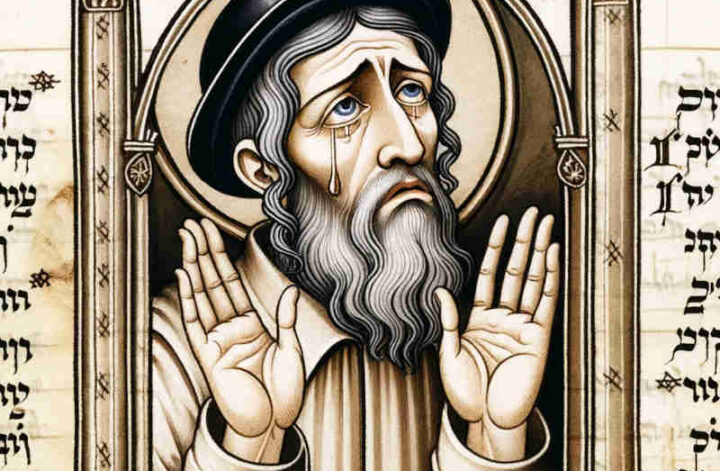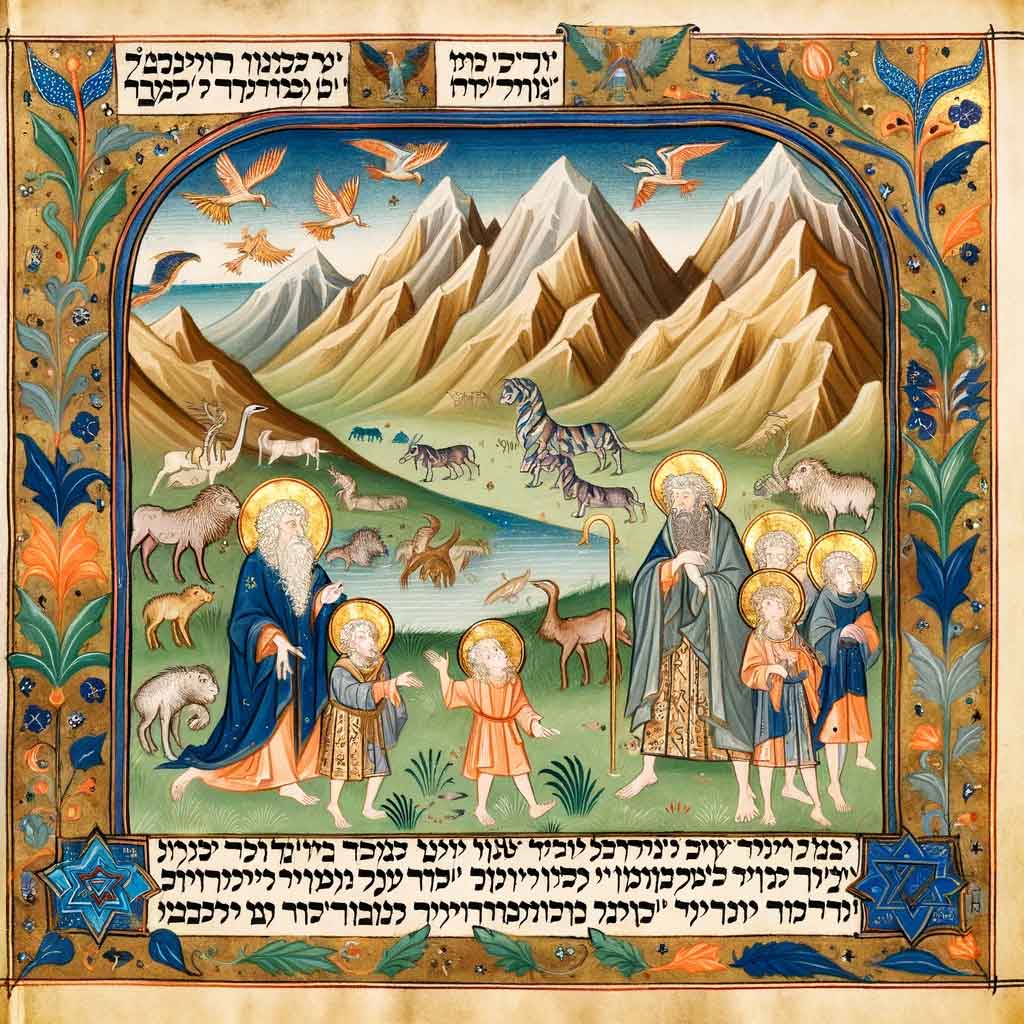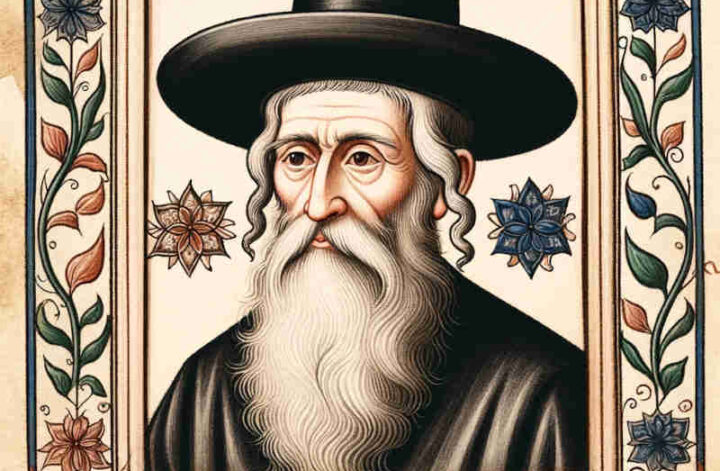Understanding the Ritual of Tearing Clothes in Judaism
Email from Elizabeth Miller: “Dear Rabbi Joshua, I recently attended a Jewish funeral and noticed that the family members of the deceased tore their clothes. Could you explain the significance of this act?”
Response from Rabbi Joshua
Shalom Elizabeth, you are referring to a very poignant and meaningful Jewish mourning practice known as “Keriah,” which is Hebrew for tearing. Let’s delve into its significance.
The Meaning of Keriah
Keriah is the act of tearing one’s clothes, which mourners perform upon learning of the death of a close relative. This act is a powerful expression of grief and loss. It symbolizes the mourner’s inner pain and the irreparable loss caused by the death of a loved one.
Biblical Origins
The tradition of Keriah has its roots in the Hebrew Bible, where we see several instances of individuals tearing their garments as a sign of mourning or distress, such as Jacob when he believed his son Joseph was dead (Genesis 37:34), or Job upon hearing of the loss of his family (Job 1:20).
When and How Keriah Is Performed
Traditionally, Keriah is performed immediately upon receiving news of the death or at the beginning of the funeral service. The mourner makes a small tear in the garment over the heart, a symbolic expression of the heartbreak caused by the death. If the deceased is a parent, the tear is made on the left side, closer to the heart, and for other relatives, on the right side.
The Significance of the Garment
The torn garment is worn during the period of “Shiva,” the seven days of intense mourning following the burial. This practice is a public sign of mourning and reflects the Torah’s emphasis on expressing and confronting grief rather than suppressing it.
Contemporary Practices
In modern times, some mourners may opt to wear a torn black ribbon instead of tearing their actual clothes, which serves the same symbolic purpose and conforms to the spirit of the tradition.
Conclusion
Elizabeth, Keriah is a deeply symbolic act that connects the mourner to a long tradition of Jewish expressions of grief. It is a profound external manifestation of the internal sorrow and a step in the journey of coming to terms with the loss.
If you have any further questions about Jewish mourning customs or any other aspect of Jewish life, please do not hesitate to reach out.
Wishing you comfort and peace,
Rabbi Joshua



